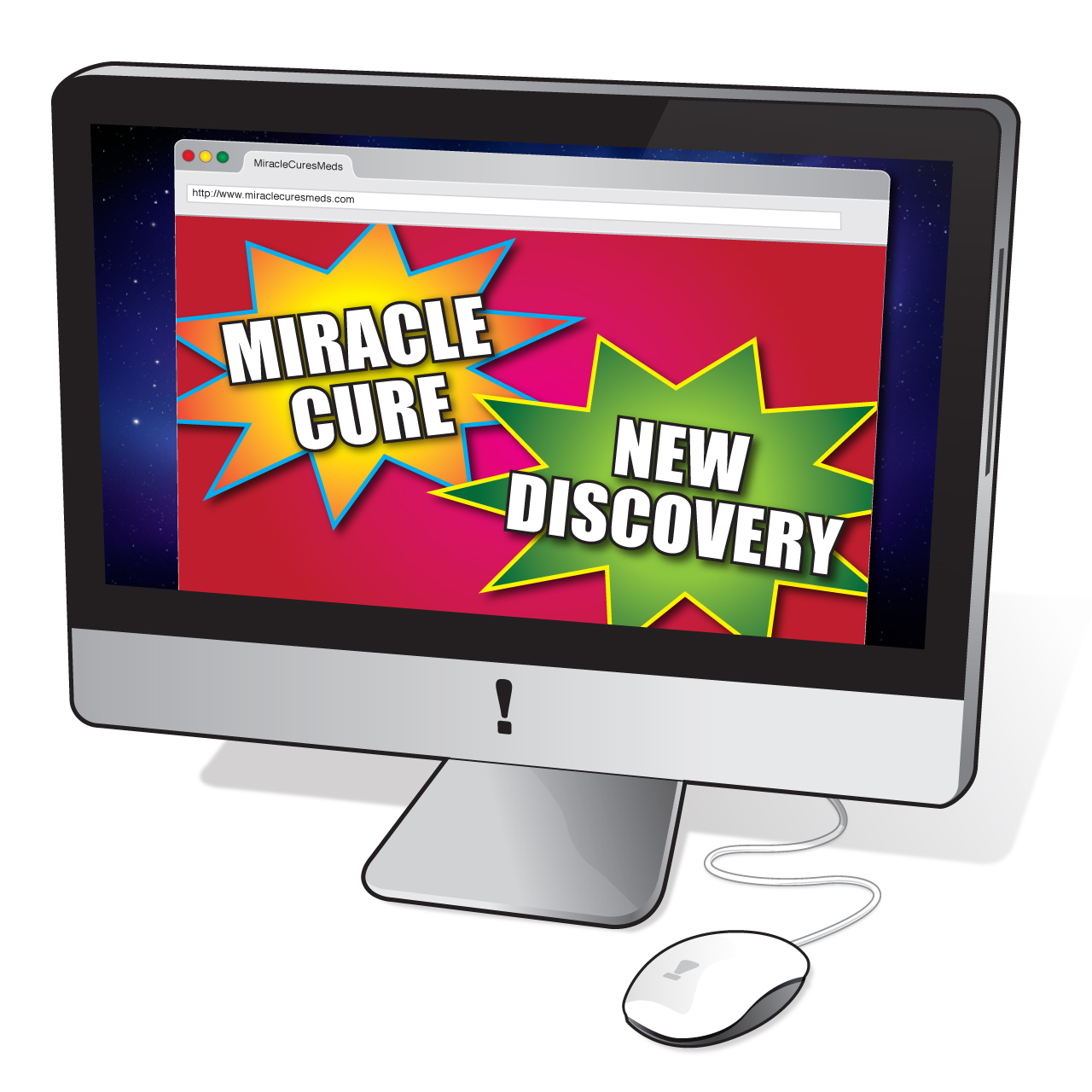The TGA has historically had no jurisdiction over therapies where cells came from the same patient they were used in.
After deaths, injury and plenty of wasted money, the TGA is finally cracking down on unscrupulous and deceptive claims made about stem-cell treatments.
From July 1, companies and individuals which advertise services for autologous human cells and tissue products or use colloquial terms such as “stem cells”, will face with fines of $4.2 million and $840,000, respectively.
Despite widespread consternation over the safety and efficacy of these therapies in recent years, fat-derived stem cells have, until now, operated in a grey area outside traditional regulation. The TGA has historically had no jurisdiction over therapies where cells came from the same patient they were used in.
While websites are no longer able to advertise or refer to any treatments using autologous cells and tissue products, providers will be allowed to discuss these therapies in a consultation.
Testimonials used to spruik the products would also likely fall under the “advertising” banner.
The International Society for Stem Cell Research welcomed the move, pointing to the recent death of an Australian patient and the blinding of three US patients from unproven cell treatments.
The group’s president, Hans Clevers, said there had been a rise in the sales of these products “by unscrupulous clinics to desperate patients”.
This brought Australian regulation into line with that of the EU and the US, he added.
Speaking to The Limbic, the deputy director of the Centre for Stem Cell Systems, Associate Professor Megan Munsie, said she hoped to see a change in practice, “but I also think we will have to keep a watching brief”.


